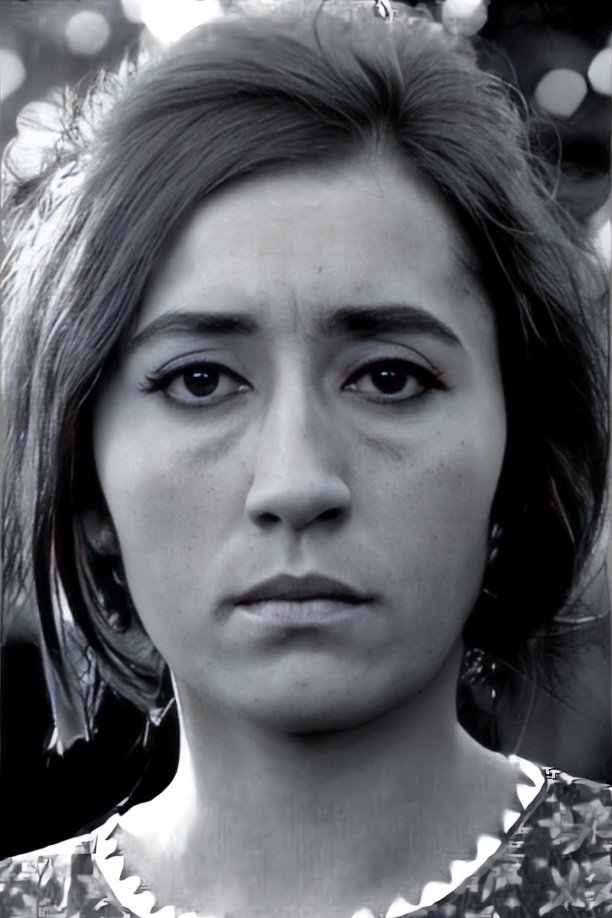
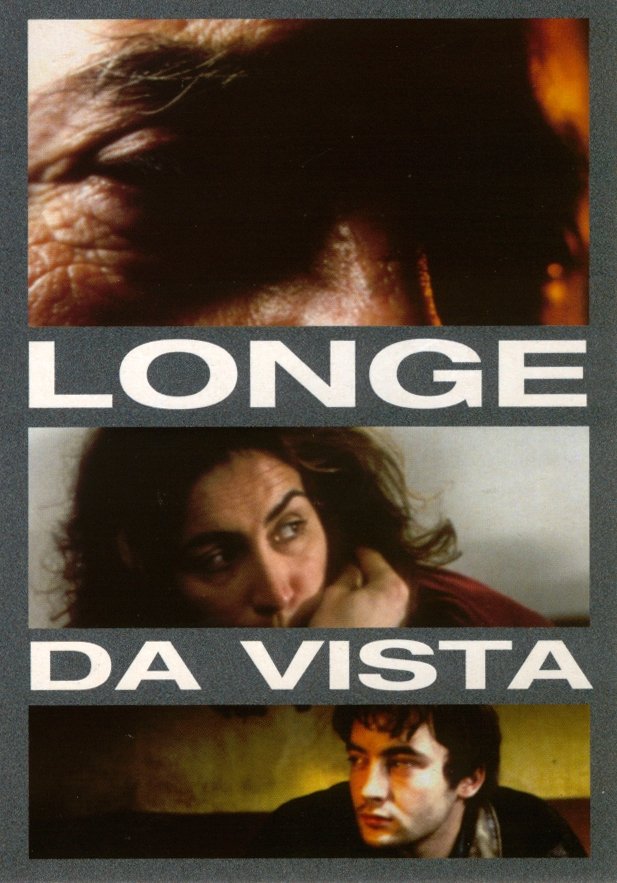
In order to make some much-needed cash for himself, 65-year-old Portuguese prison inmate Eugenio impersonates a young woman and begins a romantic correspondence with a lonely Portuguese truck-driver living in Boston, convincing him that her tragic life has culminated in financial dire straits so he will send money. At first Eugenio's sister Idalina assists him in creating the character of Maria da Luz. Touched by her sweetness and apparent loving nature, the trucker willingly sends her money. When Idalina starts fearing they will be caught, she backs out of her arrangement with Eugenio who then convinces his young cellmate Vasco to help write the letters and even sends a picture of himself at age seven to "prove" that Maria has a young son. As prison life exacts an increasingly heavy toll upon Eugenio's health, his feminine alter-ego helps sustain him.

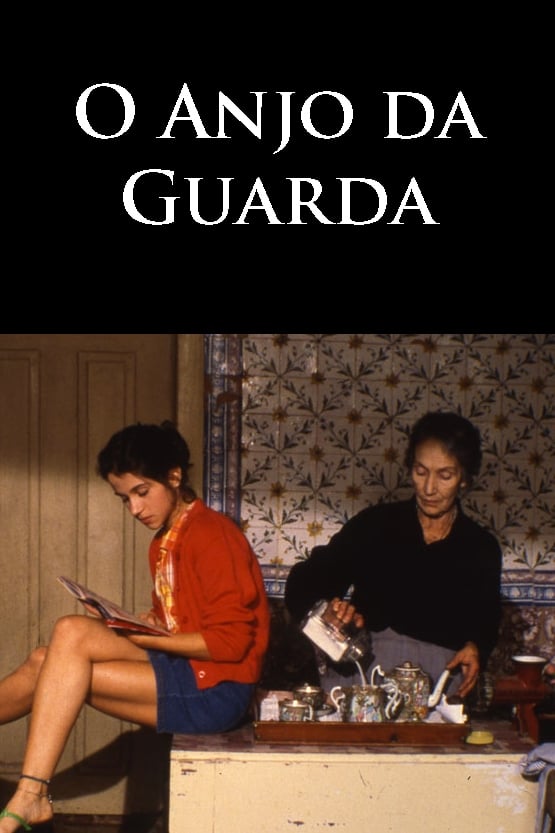
Lúcia is an independent woman who lives alone in Lisbon. Her father commits suicide leaving her a message on phone recorder, revealing a letter he wrote. However Lúcia can't find it in her father's house. On that visit she ends up meeting with her mother, a known political activist with whom she has a distant and tense relationship. In hope of finding the letter, Lúcia leaves to the farm where she grew up, on an isolated location. There she reencounters Álvaro, an old childhood companion, who shares a little life time he has left between roses and the piano, and the guardian angel that follows and protects her through nocturnal wanderings.




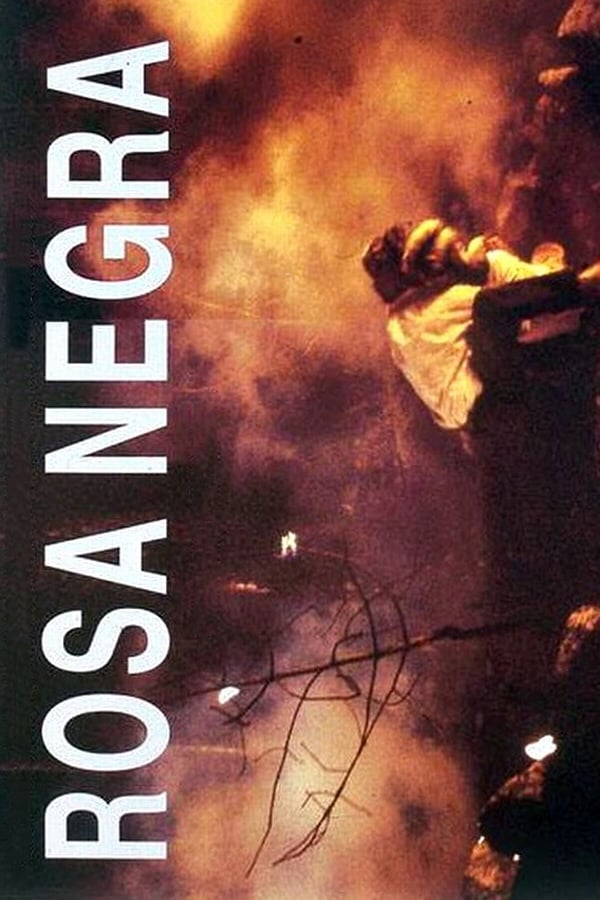
Fernanda, António and Quim are travelling by train to a provincial Portuguese industrial city. Fernanda, a teacher, agrees to replace a pregnant colleague. António is returning to the home he was forced to flee long ago, accused of setting fire to the Duarte’s factory. At the station he bumps into Mariana who is in love of him. António is not welcome and is violently attacked by a group connected to Duarte ...
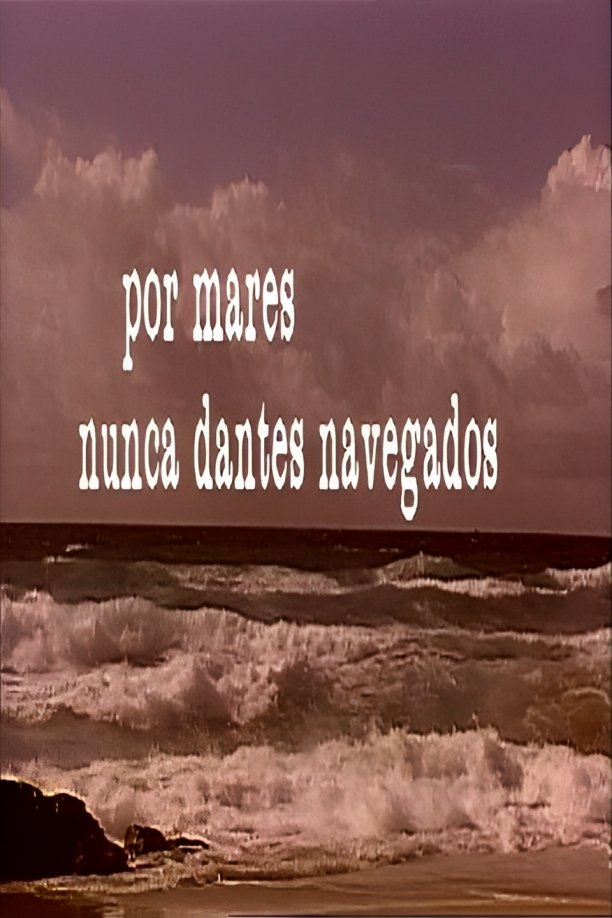
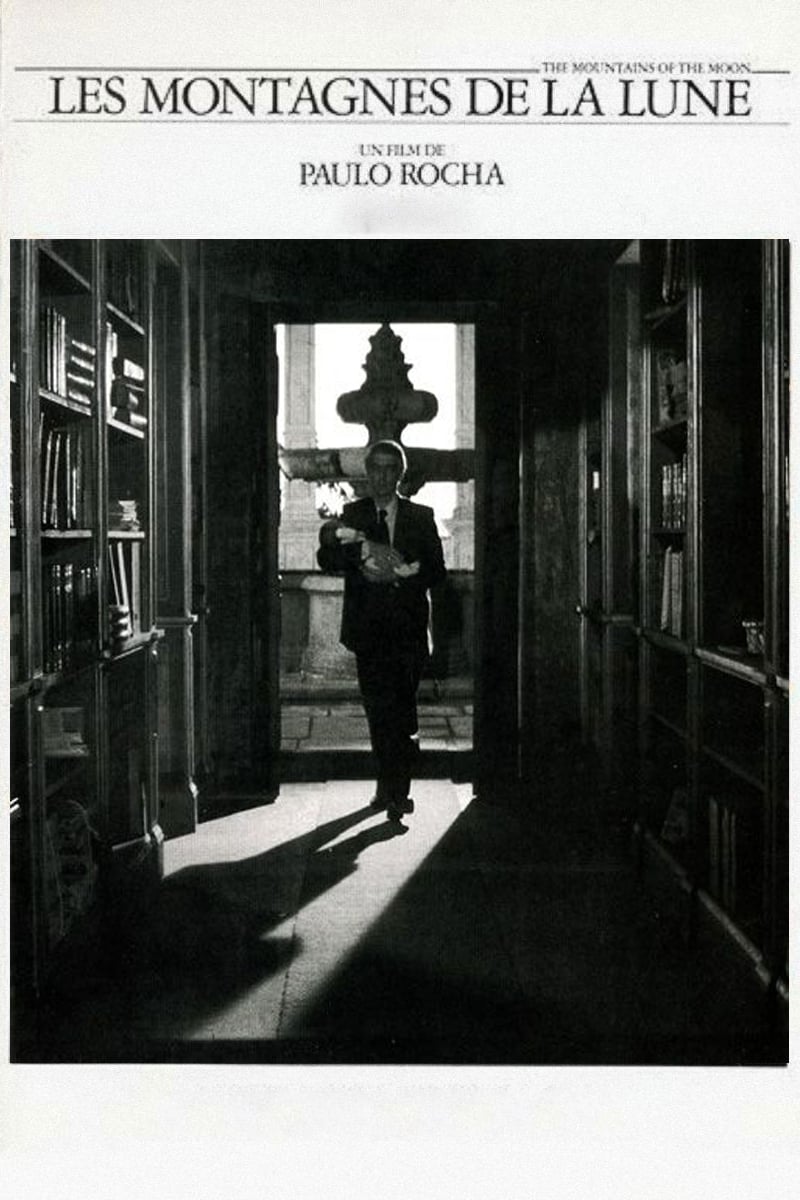
This visually striking drama is taken from the classic Japanese novel Tales Of Genji by Marasaki Shikibu. Set in modern Portugal, Joao (Luis Miguel Cintra) is a left-wing political leader and ladies man with a bright future. His ex-wife Isabel (Manuela de Freitas) both loves and hates him as Joao plays on her wavering emotional state. He is sent to Italy to retrieve wayward family member Antonia (Caroline Chaniolleau), the beautiful young woman with a terrorist boyfriend. Joao is forced to recognize his feelings as the political and amorous climate changes around him.
By browsing this website, you accept our cookies policy.